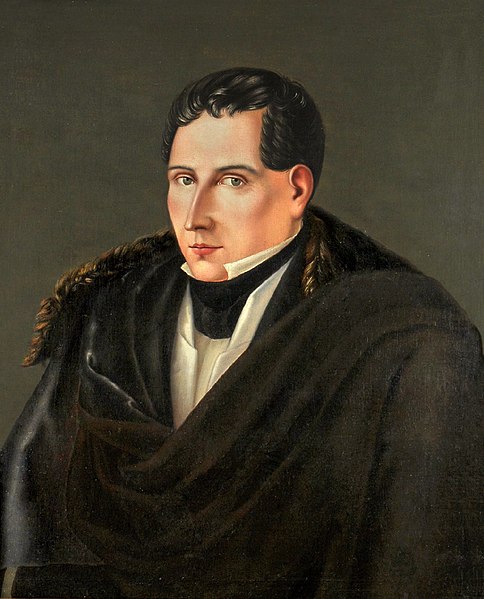2009–10 Chilean general election
General elections were held in Chile on Sunday 13 December 2009 to elect the president, all 120 members of the Chamber of Deputies and 18 of the 38 members of the Senate were up for election. As no presidential candidate received a majority of the vote, a second round was held between the top two candidates—Sebastián Piñera and Eduardo Frei Ruiz-Tagle—on Sunday 17 January 2010. Piñera won the runoff with 52% of the vote and succeeded Michelle Bachelet on 11 March 2010.
Image: Piñera (2010)
Image: Eduardo Frei Chiledebate
The Former presidents of Chile, together in a Concertación Conference in 2009.
Presentation of the Coalition for the Change. Fernando Flores speaks.
Chile, officially the Republic of Chile, is a country in western South America. It is the southernmost country in the world and the closest to Antarctica, stretching along a narrow strip of land between the Andes Mountains and the Pacific Ocean. With an area of 756,102 square kilometers (291,933 sq mi) and a population of 17.5 million as of 2017, Chile shares borders with Peru to the north, Bolivia to the northeast, Argentina to the east, and the Drake Passage to the south. The country also controls several Pacific islands, including Juan Fernández, Isla Salas y Gómez, Desventuradas, and Easter Island, and claims about 1,250,000 square kilometers (480,000 sq mi) of Antarctica as the Chilean Antarctic Territory. The capital and largest city of Chile is Santiago, and the national language is Spanish.
The Chinchorro mummies, the oldest of which are from around 5050 BCE.
Pedro Lira's 1888 painting of the founding of Santiago by Pedro de Valdivia at Huelén Hill.
Generals José de San Martín (left) and Bernardo O'Higgins (right) during the crossing of the Andes.
Painting of Diego Portales. The Constitution of 1833 has been seen as the embodiement of the "Portalian thought".








